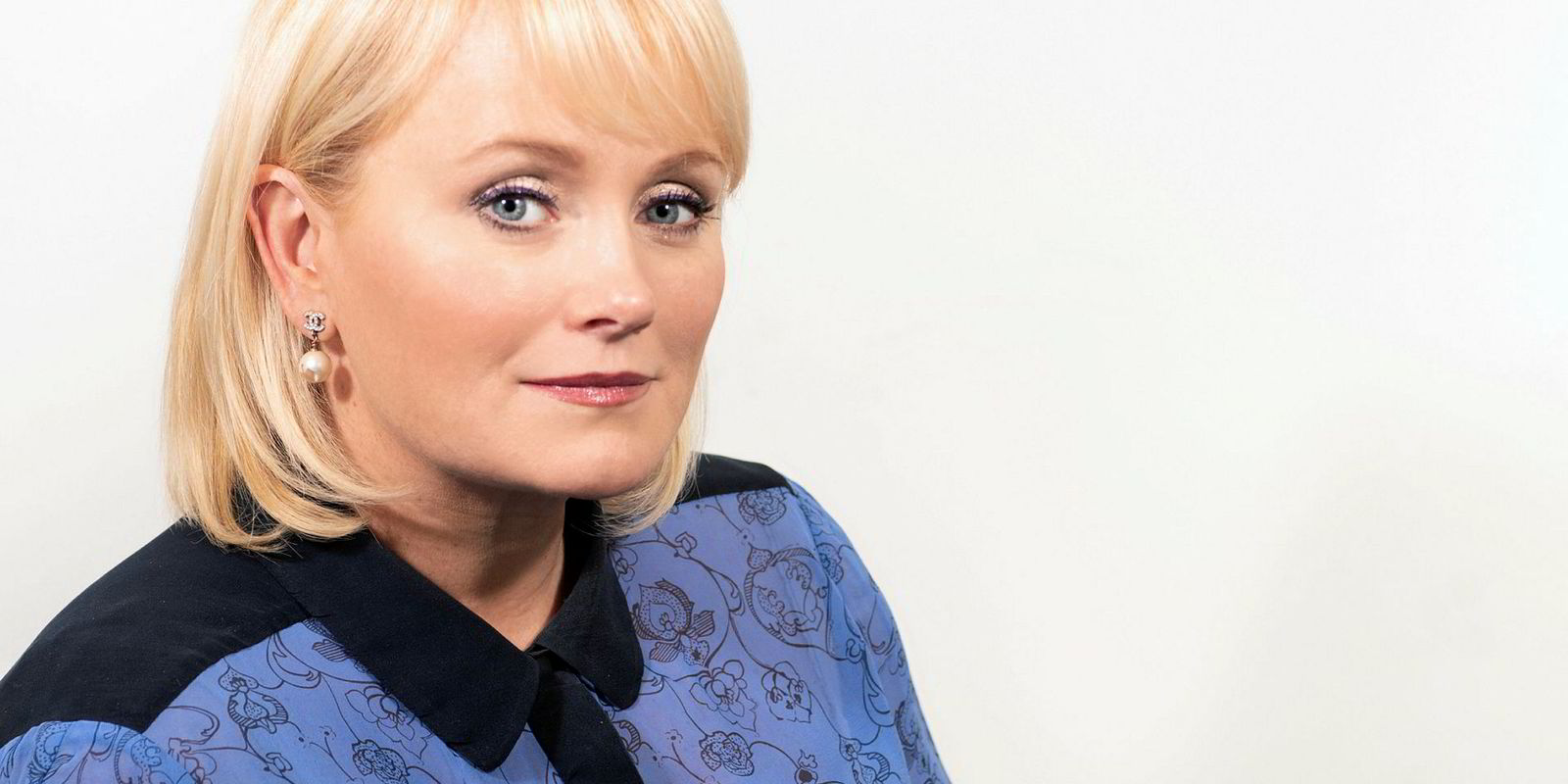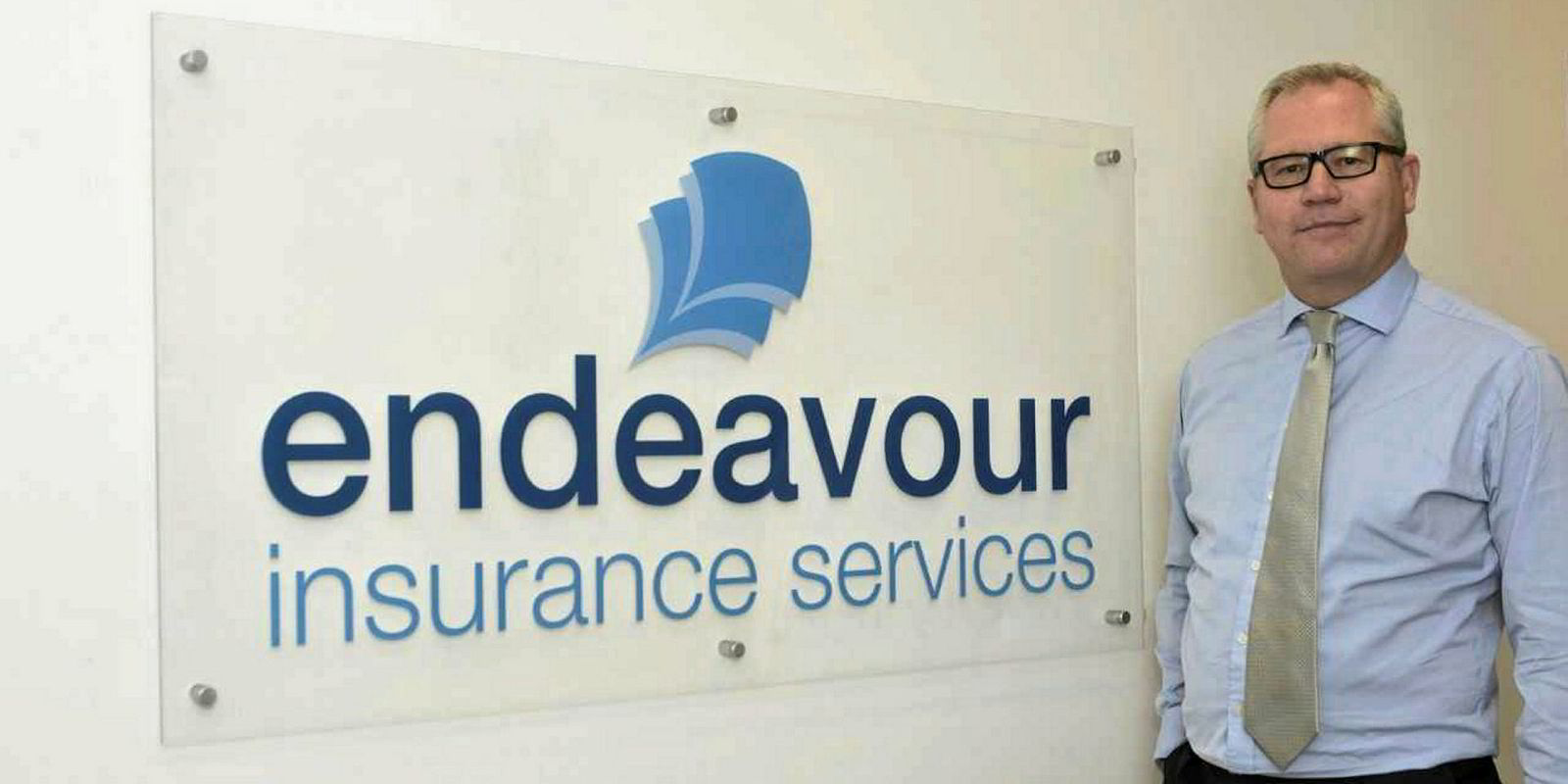Gillian Martin, managing director of marine at Lloyd’s broker SSL Endeavour, has been working for firms in the London market for the best part of 30 years.
She started towards the end of an era when the market’s backing came largely from wealthy individuals called “names”. Today, it is a more corporate-driven market and culture.
Under the leadership of chief executive John Neal, the insurance marketplace is about to embark on the next stage of its evolution, focused on digital technology and providing a better working environment and opportunities for women like Martin.
“There are more senior women broking than marine underwriting," she says. "Women don’t tend to get pushed forward at the underwriting level. On the broking side, I’d say there are a lot of women at senior level. But I’m not pro one gender or the other. I’m just pro good people, it should always be merit driven
Gillian Martin
Martin remembers that she got into insurance broking because she was rejected as being too small to join London's Metropolitan Police. Since joining the London marine broking world, she has not found her ambitions thwarted in the same way as they were by the police force.
She says she has found broking to be more welcoming to women than the underwriting part of the insurance business.
"Some dinosaurs'
“There are more senior women broking than marine underwriting," she says. "Women don’t tend to get pushed forward at the underwriting level.
“On the broking side, I’d say there are a lot of women at senior level. But I’m not pro one gender or the other. I’m just pro good people, it should always be merit driven.”
Following a series of workplace reforms announced by Neal, the Lloyd’s trading floor has found itself depicted in the media as having an archaic working environment that is rife with discrimination, harassment and irresponsible behaviour.
That is not the Lloyd’s Martin has become familiar with over three decades.
“My experience has been mixed,” she says. “There are still some dinosaurs on the trading floor, that is undeniable, but I do not believe that we have a higher representation of these people in insurance than any other profession. I feel that it [the criticism] has all got a little bit out of hand.
"A lot of businesses are looking to improve their culture and values but that is something that is happening globally and I don’t think in insurance we are disproportionally represented by people with this sort of behaviour.”

Similarly, Lloyd’s problems with profitability often seem to be blamed on the performance of marine underwriters. But marine insurance providers are also affected by the performance of the wider insurance world, which Martin points out has also been under stress.
“Any [marine] rate correction will be driven by the wider scope of profitability, which is dollars in and dollars out, and is influenced by casualty and claims rates and reinsurance costs," she says. "But the reinsurance market does not necessarily live just in a marine world.
Marine 'in Lloyd's DNA'
"They have to deal with hurricanes, floods, earthquakes and other things. So, if you look at the global insurance pot of premiums against global claims, they don’t cancel each other out at the moment. Marine seems to be the one area people are focusing on, but it’s the global insurance industry that really has to look at what it is charging for its services.”
The capacity cuts that have been made in marine will not by themselves immediately affect pricing. The fall in hull values that has taken place since the 2008 market crash means there is plenty of capacity available.
“If you take the average value of a hull, you could probably cover it in one or two lines,” she says.
“Values are so low it probably doesn’t matter if you have 20 or 50 syndicates, you don’t need a whole panel of people anymore. There is not a significant enough reduction in capacity to make a difference in placing business in London.
"But I think the real issue for Lloyd’s is to engage and not isolate marine, because it is in its DNA and where it all started.”
The firing line
Brokers themselves have also been in the firing line amid the Lloyd’s reforms. Martin says SSL Endeavour, as a relatively small firm, is fully transparent on commissions and charges. The company was formed when marine specialist SSL was merged last year with non-marine broker Endeavour by private equity firm JC Flowers.
Although it is now a larger entity, Martin is happy for the firm to hang onto to the “boutique broker” tag. Despite strong consolidation moves in the market, she believes the marine market is suited to the smaller broker.
“Boutique often comes with the implication of being small, but we are a boutique broker with big clients," she says. "We can compete because we can offer a personal service. We pride ourselves on meeting everyone who signs the cheque.”
She says insurance is sold by people who hope it is never used, and bought by people who hope they never need it, and the broker is trying to explain its value while finding answers for areas of business that might need coverage.
“One size does not fit all, and that is where the boutique broker comes in," she says. "We go out and meet people face to face and find out what their needs are.”





